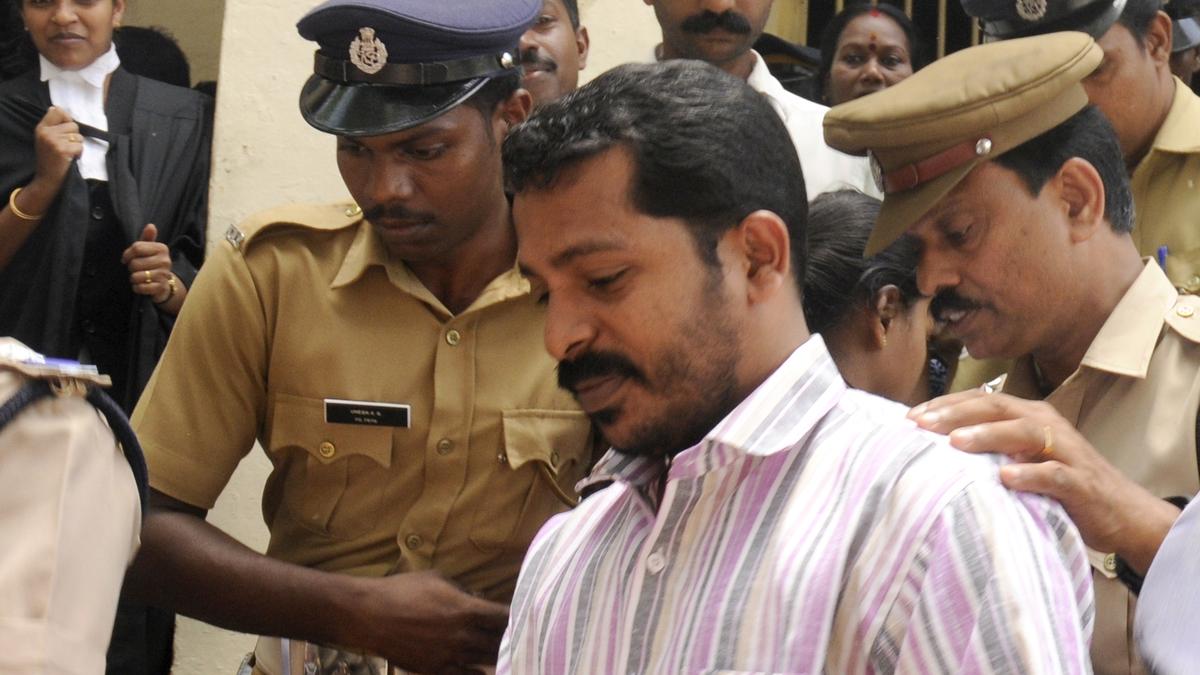Now Reading: 2018 Abirami Case: Why a Tamil Nadu Court Rejected Death Penalty for Mother in Chennai Poisoning
-
01
2018 Abirami Case: Why a Tamil Nadu Court Rejected Death Penalty for Mother in Chennai Poisoning
2018 Abirami Case: Why a Tamil Nadu Court Rejected Death Penalty for Mother in Chennai Poisoning

Rapid Summary
- Crime and Conviction: The Kancheepuram Principal District and Sessions Court convicted V. Abirami of Kundrathur near Chennai, along with partner Sundaram alias R. Meenakshisundaram, for the murder of her six-year-old son Ajay and four-year-old daughter Karnika in 2018.
- Details of Crime: Abirami drugged her children to death using Lorazepam and Alprazolam after strained marital relations intensified due to an extra-marital affair with Sundaram.
- Prosecution Evidence: Circumstantial evidence included testimony from independent witnesses such as a pharmacist, jeweller, two-wheeler stand supervisor, hostel cook in nagercoil, police recovery of unused tablets from her residence witnessed by relatives, medical toxicology reports confirming drugs in victims’ organs, and CCTV footage establishing movements on critical dates. direct confession was absent but corroborated circumstantial evidence convinced the court of the guilt of both convicts.
- Sentence: Both convicts were sentenced to imprisonment until their natural death instead of capital punishment based on arguments against taking human life as per Mahatma Gandhi’s philosophy “an eye for an eye will make the whole world blind.”
Indian Opinion Analysis
This case brings forward broader implications regarding justice delivery in India while serving as a reminder about societal deteriorations that enable heinous crimes rooted in personal motivations like relationships or conflict resolution through violence. The decision reflects evolving judicial trends balancing retribution with principles against capital punishment where fairness demands prolonged incarceration rather.
The reliance purely on circumstantial evidence underscores India’s judiciary’s capabilities in meticulously piecing together cases even without direct witnesses or confessions-a commendable outcome reinforcing trust despite challenges like emotional denial by perpetrators or lack of direct proof.
The extent to which systemic absorption tracking tools like forensic test linchpins reassures future-tech worthiness courtroom spaces confronting weak loops bridging scales actual humanity aligned stringent opt-out remissions accompanying lessen non-statutory verdict imbalances vulnerability families!”
Read more: The Hindu























